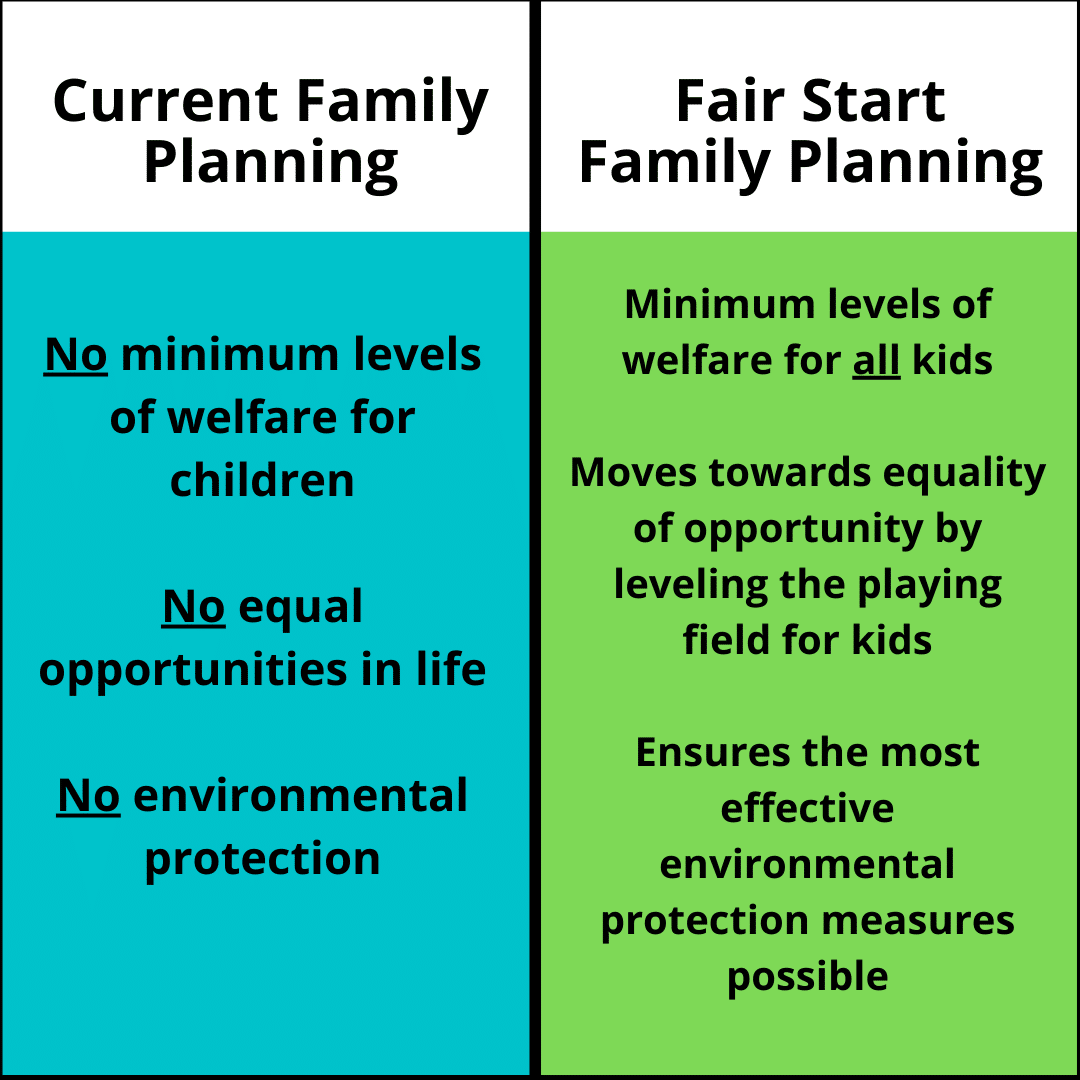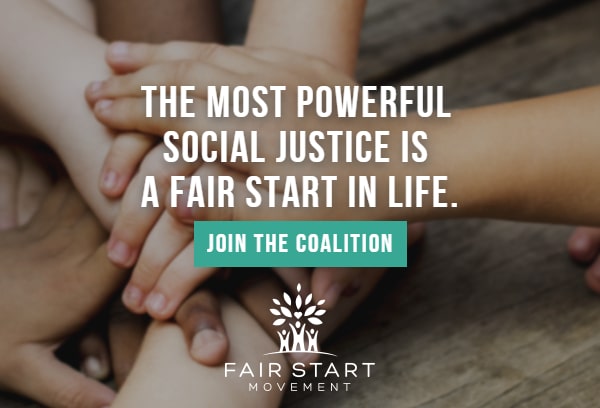Systems of governance and their laws derive from people, who derive from their creation. Justice (distributive, procedural, retributive, ecological, intergenerational, etc.) and the rule law therefore begin in the dynamic formation of our first relations, or ideally, as we physically and constantly reconstitute democratic communities through forward looking child-centric family planning reforms under Article 16 of the Universal Declaration of Human Rights.
We scam ourselves and others out of justice by pretending to do it downstream, after the fact of the formation of our power relations, and usually because we personally benefit from doing so. That scamming is rampant in civil society and politics, where those purporting to protect animals, the environment, children and other vulnerable categories of persons utterly fail to do so – and mislead – because they embrace inequity in creation, and the resulting power differentials that make formal and downstream law ineffective. This is especially so for the most vulnerable, like animals, for whom formal law offers little protection.
Why focus on our creation? It is not fortune, or the will of a god, that some are born poor and others rich or in other inequitable positions of power. The belief in fortune is part of a myth meant to preserve power structures, and to justify our using future generations as unequal economic inputs who will concentrate wealth and power in the hands of a few. The core of that myth is the isolating idea that having children is matter of personal privacy, and that such privacy protects parents. If we really care about people we will be collectively focused on the wellbeing of future children, who have more at stake than their parents, and future generations more generally, who vastly outnumber persons alive today. Our failure to focus forward in this way fundamentally created the ecosocial crises we face today, like the climate crisis, as we avoided ensuring ecological justice in our creation and instead opted for downstream – and now utterly failed – corrective environmental interventions. Environmental groups curried favor with concentrations of power that rely on population growth, despite the risk – now a reality – that their conservation programs would eventually be undone by that growth and the climate crisis it created.

Evading the constitutive fallacy allows us to avoid the lie of seeing ourselves as constituted into nation states – where we have little role over public affair and are hardly self-determining – by god-like founders in the past. First deriving justice and rules from that ancient process would require ignoring the formation of the power relations that justice is designed to shape. Committing that mistake or fallacy means denying people the relative self-determination, or fairness, of constituting just communities where their voice actually matters, and ignoring the drivers of our daily experience in favor of the abstraction of celebrities and politicians, divorced from the creation and reality of the lives of the people with whom we share the world. The verb form, constituting, instead empowers people, and focuses us linguistically on relative self-determination rather than being determined by others.
To constitute means first and always accounting for the future generations impacted by our lives and ensuring that their creation is just, via Fair Start reforms or comparable modeling that uses the entitlements future children deserve as a correlative incentive to ensure – universally – small, sustainable and well-planned families. This includes ensuring minimum levels of welfare, a move towards birth equity, restorative environmentalism or rewilding, and physically constituting participatory democratic communities along the physical borders of human power. If we don’t do this, we are relying on and furthering an illegitimate system that undemocratically exploits the most numerous and vulnerable category of entities – future generations – in a way that retards freedom, or relative self-determination, for all. The freedom that comes from our existential role as sovereigns in a democracy precedes and enables the personal freedom and empowerment we experience, as workers, consumers or otherwise, in that democracy.

What’s an example of moving past the constitutive fallacy? Consider what rules for containing Covid-19 are most just, balancing public health, personal choice, and the maintenance of one’s livelihood? To answer this question we would have to be constituted into relatively self-determining groups or democratic communities capable of answering the question, and our having first done that would have likely evaded the overcrowding, poor public health, destruction of nature, etc. that drove the pandemic. The same revision in thinking would apply to the climate crisis, and dozens of other problems.
Practically we can do this – as free and equal people – by limiting and decentralizing existing concentrations of private and public power, taking the resources the people in those concentrations hoarded by externalizing costs, and instead investing them in Fair Start reforms as the entitlements/incentives described above. We may do so because the act of constituting overrides downstream rules, like property entitlements. This will happen over the opposition of preconstitutional people, or precons, who simply block justice. We can test the progress of this process – the ongoing first and fundamental election – by looking for its application in the pronouns in our language, and to see whether we are constituting together the persons those pronouns explicitly and implicitly refer to.


